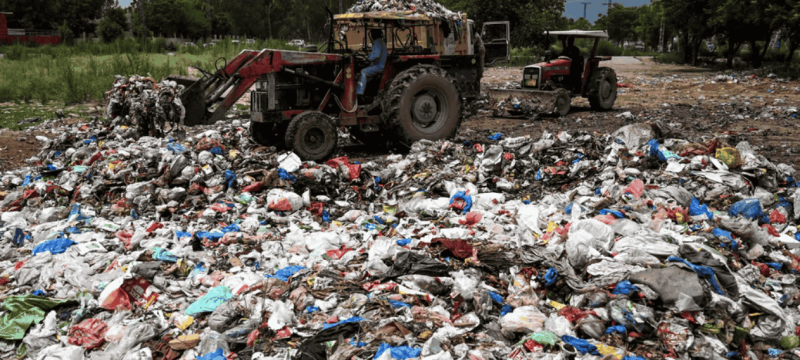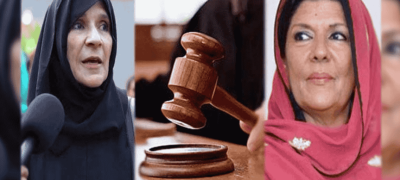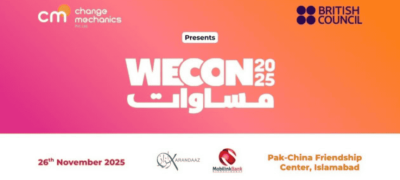Plastic credits are gaining attention as a tool for promoting sustainability and economic opportunity in Pakistan. Modeled after carbon credits, plastic credits allow companies to offset their plastic footprint by funding verified recycling, collection, or prevention projects. Advocates argue that plastic credits can support environmental cleanup, foster economic growth, and strengthen international climate diplomacy.
In Pakistan, the Ministry of Climate Change, led by Dr. Musadik Malik, views plastic credits as more than a mitigation measure. Officials see them as a potential industry, offering opportunities for exports, job creation, and leadership in global climate governance. While critics argue plastic credits do not reduce new plastic production, they fund tangible projects that remove or recycle waste, benefiting local communities and ecosystems.
The concept has already shown promise in Thailand, where initiatives like Second Life Thailand issue Waste Collection Credits (WCCs) and Waste Recycling Credits (WRCs). These credits represent verified plastic removed or recycled, often involving difficult-to-access waste such as fishing nets. Companies, including international brands, purchase these credits to offset their plastic footprint while supporting local recycling and fair labor practices.
Pakistan proposes a Global Plastic Fund that would allow high-consumption countries to finance verified recycling projects in low-consumption nations. This approach aligns responsibility with consumption, addressing climate justice concerns while creating a functional plastic-credit marketplace. Such a market could provide startup capital for recycling plants, formalize informal labor, and integrate Pakistan into global environmental finance frameworks.
Despite low domestic plastic consumption, Pakistan has significant potential to become a regional recycling hub. Coordinated efforts across climate, industry, and finance ministries could scale plastic-credit programs, incentivizing private-sector participation and aligning economic incentives with environmental goals. By leveraging plastic credits, Pakistan could transform a climate challenge into an opportunity for sustainable development, global collaboration, and industrial growth.
Plastic credits, if implemented strategically, could make Pakistan a leader in environmental innovation while promoting measurable impact on waste management and sustainable development.
In other news read more about: Punjab Govt Launches Recycling Program: Earn Rs1,000 for Depositing Plastic Bottles in Lahore







